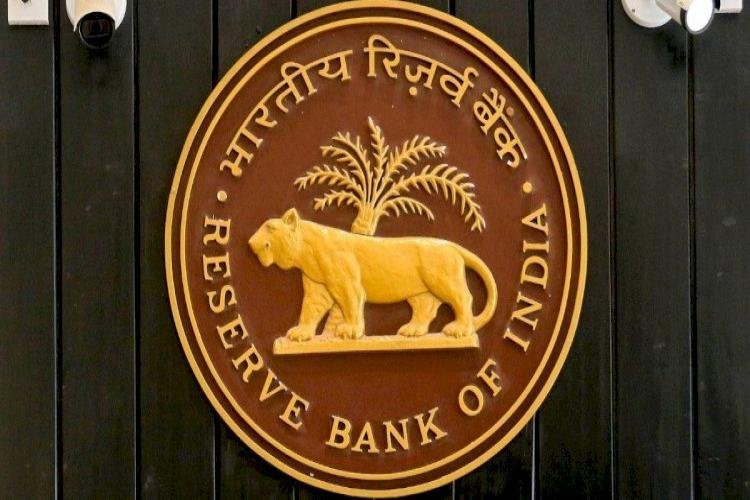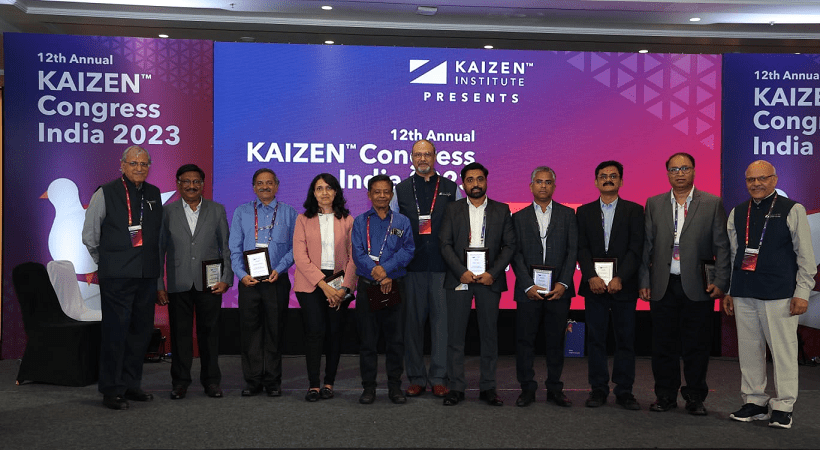SBI Estimates, RBI May Increase The Interest Rate By 35 To 50 Basis Points
As per the schedule, the next three-day monetary policy meeting of the RBI will be held between September 28-30.

The Reserve Bank of India is likely to hike interest rates by 35-50 basis points after the rise in retail inflation in August. SBI has estimated in one of its research that RBI may increase rates in the next meeting of the Monetary Policy Committee in September.
As per the schedule, the next three-day monetary policy meeting of the RBI will be held between September 28-30. To deal with inflation, RBI will definitely increase this time like the last two times. Let us tell you that this trend of raising rates is being seen by all the central banks of the world nowadays. Keeping in view the global trend of tightening monetary policy, RBI has increased the key repo rate thrice so far.
The Repo rate is the rate at which the central bank of a country lends money to commercial banks.
RBI has increased rates thrice
After three hikes by RBI, the repo rate has been reduced by 140 basis points or 5.40 percent. The bank is planning to hike the minimum and token rate after September, as inflation may fall in the second half (October-March), said a report released by SBI Economic Advisor Soumya Kanti Ghosh.
Inflation rises to 7 percent in August
According to government data released on Monday, India's retail inflation rose to 7 percent in August from 6.71 percent in the previous month due to a sharp rise in food prices. That is, inflation has remained above the tolerance band of the Reserve Bank of India for the eighth consecutive month.
It is the responsibility of the RBI to try to keep inflation in the range of 2-6 percent. If average inflation remains outside the range of 2-6 percent for three consecutive quarters, it is considered a failure of the RBI.
SBI research said that despite the continuous fall in prices in the international markets, grain prices in India have risen. Changes in rainfall and crop acreage have affected the price volatility. The research identified 171 as supply driven, 99 demand-driven, and 29 neutral out of 299 items in the CPI basket.























.jpg)

.jpeg)

































